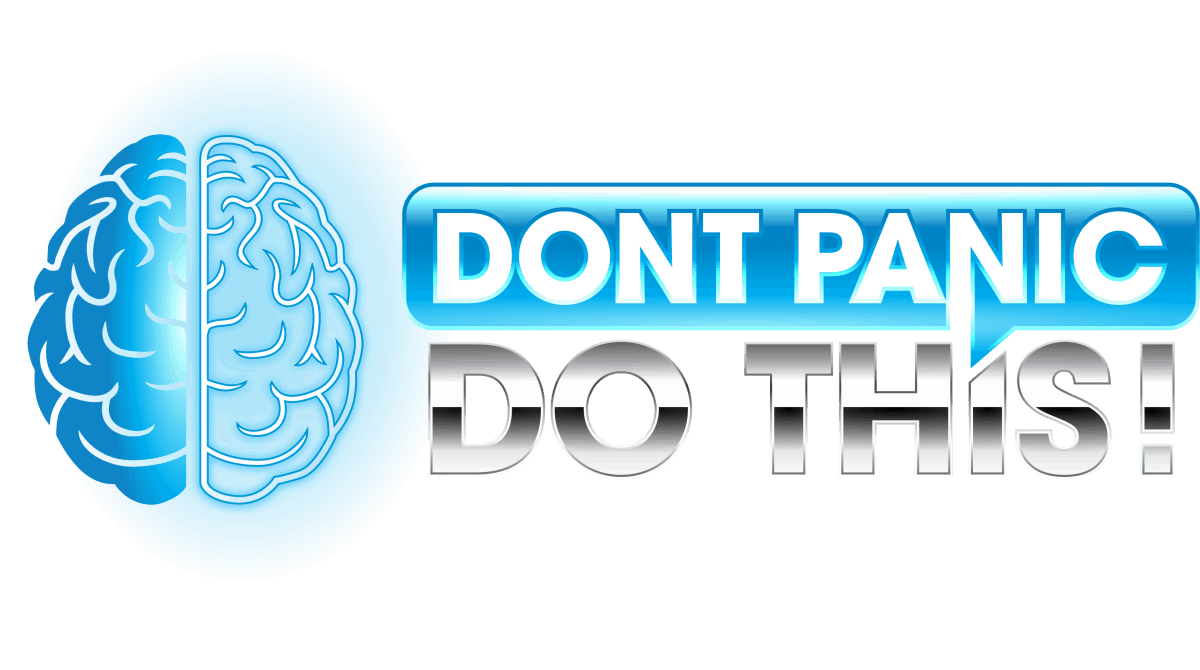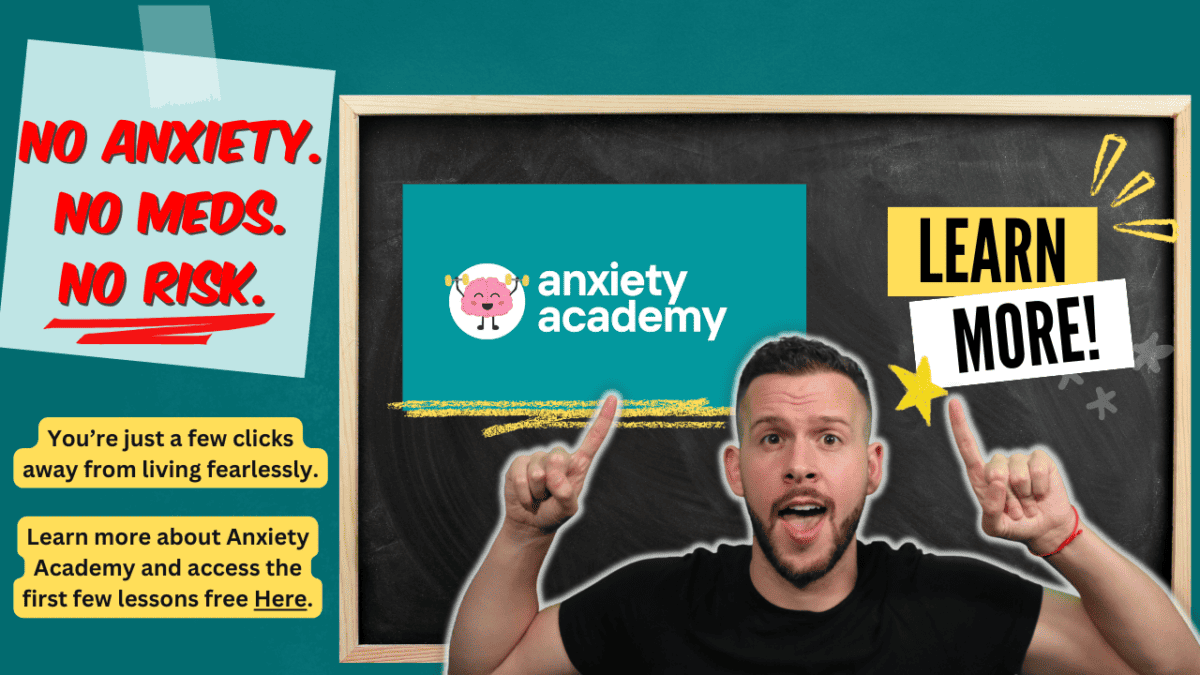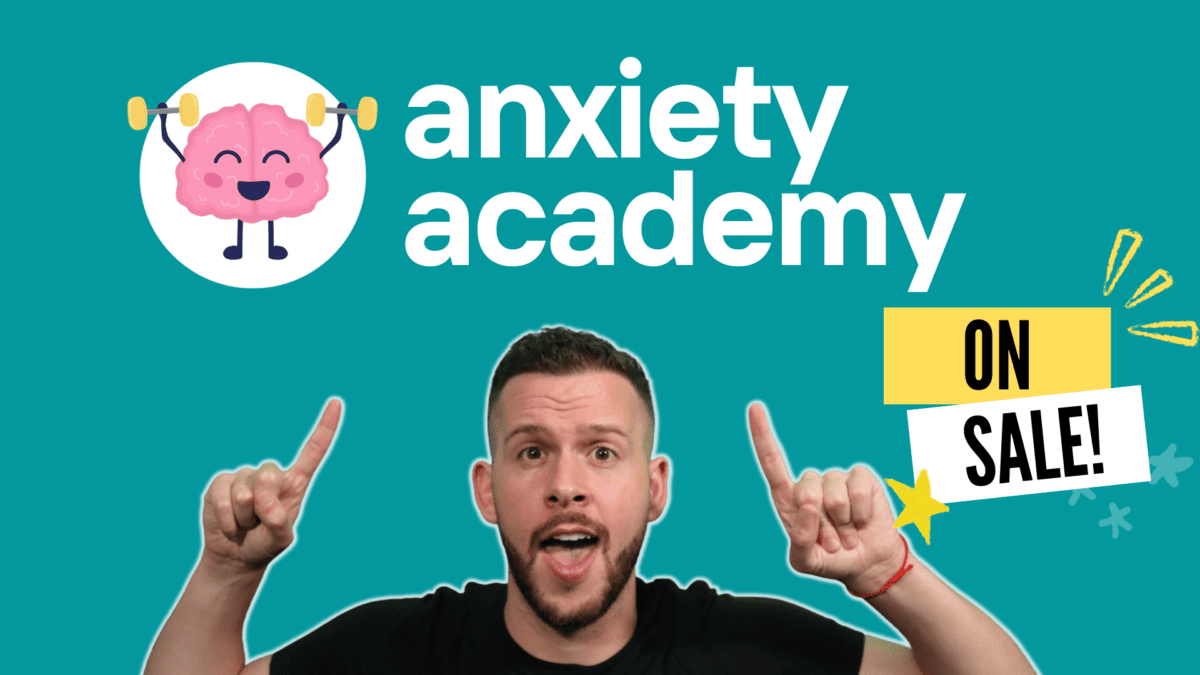Just about everyone will, at some point in their lives, feel anxious about an upcoming event or situation. This anticipatory anxiety, or anticipation anxiety, can wreak havoc on our mental health for days, weeks, or even months before the event. So, how can we stop anticipatory anxiety?
- Understand What Anticipatory Anxiety is
- Recognize How Great You'll Feel Once it's Over
- Burn Off Negative Energy with Exercise
- Utilize Coping Mechanisms like Yoga and Meditation
- Cut Caffeine and Other Drugs Out of Your Diet
- Minimize any Unknown Variables
- Focus on the Times You Were Anxious but Succeeded Anyway
- Remember that the Anxiety Will Turn into Positive Energy
- Rephrase “What if…” Questions as “What Would I do if…”
- Compartmentalize Your Anxiety and Commit to Focusing on the Present
- Prepare for the Event as Much as Possible
- Talk to a Professional about How to Stop Anticipatory Anxiety
While some anxiety is to be expected before upcoming stressful events, these steps can help us to stop anticipatory anxiety as effectively as possible.
In just a moment we’ll explain each of these steps in detail. Read through to the end and you’ll have your anticipation anxiety under control in no time!
Understand What Anticipatory Anxiety is
Anticipatory anxiety is the anxiety we feel in the days leading up to a stressful or anxiety-provoking event. Anticipatory anxiety can cause us to ruminate in negative thoughts, further stressing ourselves out or even becoming depressed and uninterested in our daily lives.
When dealing with any sort of anxiety, it’s important to understand what anxiety is and why we experience it. Additionally, if your anxiety is severe enough that it is causing panic attacks, you’ll also want to take some time to learn a bit about panic attacks and panic disorder. I recommend checking out the linked articles to get you started. These basics alone can help teach you how to stop anticipation anxiety.
Recognize How Great You'll Feel Once it's Over
Anytime I'm feeling anxious about an upcoming event, I try to change my perspective a bit. One way I can do this and stop anticipatory anxiety is to convince myself that I, in fact, want to do whatever it is that's stressing me out. This may sound strange, but it's really not that much of a stretch when you think about it. After all, we do want to get this event over and done with, don't we?
Instead of dreading the upcoming event, try and be excited for the opportunity to get it over with. Think about how great you'll feel once it's over. As I'm sure you've experienced in the past, the feeling of successfully getting through something we had been nervous about for weeks is an amazing relief. On top of that, think about how proud you'll be of yourself for successfully getting through it. Not to mention, of course, the reason we're doing it in the first place; maybe this stressful event puts us one big step closer to our end goal of achieving a degree, landing a job, closing a sale, or building an important relationship.
Burn Off Negative Energy with Exercise
One of the simplest, yet most overlooked, coping mechanisms for anxiety is exercise. Exercise works both as a preventative measure against anxiety, as well as a way to burn off the excess negative energy causing those “anxious jitters” and similar anxiety symptoms.
When I was in high school and had a big presentation coming up, I would wake up early to jog laps and lift weights in my basement. Exercising for anxiety works for a number of reasons, but the simplest way you can think of it is just redirecting that nervous energy.
On top of this, we tend to feel much better and more optimistic after a good workout. Whatever exercise you choose, shoot for at least 10-30 minutes of increased heart rate for maximum benefits.
Utilize Coping Mechanisms like Yoga and Meditation
In addition to regular exercise, yoga and meditation are both fantastic coping mechanisms for anxiety. You can meditate for anxiety relief basically anywhere thinking can be done, and yoga can be practiced anywhere a yoga mat can be laid down. Both of these practices have proven time and time again to be effective at managing all types of anxiety, so don’t be too quick to dismiss them as “too hippy-ish” if you haven’t given them a fair chance before.
Yoga and meditation work great for anticipation anxiety for several reasons. My personal favorite benefits of these two exercises for anxiety are their incorporation of breathwork and introspective elements; both of which are keys to beating anxiety long-term. Either option is a fantastic way to beat anticipatory anxiety.
Cut Caffeine and Other Drugs Out of Your Diet
Anyone looking to stop anticipatory anxiety is going to want to cut caffeine and other drugs out of their diet. Drugs, in general, always come with a cost; there is no such thing as a “free ride” with drugs (prescription medications included) and your brain’s chemistry will always compensate in some way. This means that all of our favorite daily-habit drugs – caffeine, nicotine, alcohol, etc. – are playing a role in our mental health and stress levels.
Because I try to practice what I preach, I completely cut caffeine out of my diet about two years ago and have felt significantly better ever since. The withdrawals can be terrible and make you more anxious than ever, but afterward my baseline anxiety was lower than it had ever been. If you have a stressful event coming up that is causing anticipation anxiety, you should avoid complicating things with caffeine and other drugs.
Minimize any Unknown Variables
Anticipatory anxiety is often made worse by our fear of the unknown. For example, if you’ve never flown on an airplane before, you’ll probably be a bit anxious before flying for the first time as an adult. If you have an upcoming surgery but have never been inside a hospital, chances are you’ll be stressed about it for weeks.
While some things are just going to make us anxious no matter what, we can certainly minimize our anticipatory anxiety by eliminating any unknown variables. By this, I simply mean for you to eliminate that “fear of the unknown” by informing yourself as much as possible about what to expect during the stressful event. If you know you have a speech coming up, perhaps you’d feel more comfortable knowing how many people will be in the crowd (10 people vs 1000 people is a significant difference!). If you’re anxious about going skydiving in a few weeks, maybe you’d feel better reading some FAQs about how it feels to skydive and how safe it is.
Fear of the unknown is one of the worst aspects of anticipation anxiety. Do your due diligence and learn as much as you can about the upcoming event; you’ll feel much better afterward.
“A man who suffers before it is necessary, suffers more than is necessary.”
Focus on the Times You Were Anxious but Succeeded Anyway
For regular or long-time anxiety sufferers, anticipation anxiety is nothing new. Anytime I’m feeling anxious or apprehensive about something stressful coming up, I remind myself of all the times I was anxious in the past but got through it anyway.
If, for example, you’re anxious about a class presentation in high school or college, try and think about the times you’ve succeeded at giving a presentation in the past. Chances are you’ve had past experiences that – although nervous – you got through relatively unscathed. If you’re anxious about a completely new scenario, you can still think about all the times you were anxious in other situations and how it went.
If you’re reading this, you’re alive. So, realistically, you have survived every single stressful event you’ve endured in the past. This one is going to be no different. Maybe it’ll be a bit uncomfortable, but at the end of the day it will be over and behind you like always, and you’ll be no worse for wear.
Remember that the Anxiety Will Turn into Positive Energy
Oftentimes anticipation anxiety is nothing more than the feeling of wanting to get something done and over with. In my own life, I have certainly noticed a pattern with my own anticipation anxiety. I would typically be anxious about an upcoming event for days, or even weeks, before the day of the event. A few hours, or even a few minutes, before the event I’d feel ready to explode with anxiety. Yet, once I was engaged in the event, all of that negative energy would turn into positive energy.
If it were a speech, that energy would be converted into a loud and confident voice. If it were a footrace, that energy would be converted into explosive force and speed. Somehow, once you commit to an action, you find a way to focus on it and get through it.
Whether it’s anxious energy or confident energy, energy is energy. And that’s probably one of the biggest secrets about anxiety that most people don’t realize. This "weakness" can be your superpower as long as you can find a way to redirect that energy.
Whatever it is that’s stressing you out, learn to view any leftover nerves as a good thing. Your anticipation anxiety will have you stressed, but once it’s time to act, your anxiety will turn into positive energy 99% of the time. Keep this fact in mind and it should help to stop your anticipatory anxiety.
Rephrase “What if…” Questions as “What Would I do if…”
Being the black sheep risk-taker from a family of chronic worriers who play it slow and safe, I’ve become adept at talking my mom down when she starts to worry about my decisions.
Like many mothers, my mom tends to have a million “What if…” questions around things that could potentially go wrong. My challenge for her was to instead pose those questions as “What would I do if…” The goal here is for her to consider all the ways a potential problem could be solved, rather than living in fear of the problem itself. In my opinion, this is a fantastic strategy for any chronic worriers or those suffering from anticipation anxiety.
For example:
Instead of saying: “What if I tried standup comedy at open mic night and nobody laughed?”
Try saying: “What would I do if I tried standup comedy at open mic night and nobody laughed?”
This gives you the internal locus of control so you can respond to the situation with a decisive action, rather than with judgement, fear, or anxiety.
“What would I do if I tried standup comedy at open mic night and nobody laughed?”
Hmm… good question. Maybe I’d laugh at myself, grab a beer, and find a way to write better material. Or maybe I’d just go home and cry myself to sleep.
Regardless of what you’d do, you can see that the end result is never as bad as catastrophic thinking and anticipation anxiety would have us believe. When worrying about any sort of upcoming event, we can stop anticipatory anxiety by creating an actionable backup plan for any worst-case scenario we think up.
“If you are depressed, you are living in the past. If you are anxious, you are living in the future. If you are at peace, you are living in the present.”
Compartmentalize Your Anxiety and Commit to Focusing on the Present
Another strategy to stop anticipation anxiety is to compartmentalize your anxiety and commit to focusing on the present. This may not be easy for everyone, but I use this method often and it helps to prevent me from wasting weeks moping around in dread of the upcoming stressor. My recommendation here is to simply make the conscious decision not to dwell on your anxiety right now. There is a time and place for everything, and worrying before worrying is necessary is worrying more than is necessary.
Worrying in anticipation for 3 weeks (or more) is not going to make your life any easier when the day comes. Make the conscious decision to compartmentalize your anxiety. When I start to feel anxious about something that is days, or weeks, away, I simply take note of these anxious thoughts and tell myself “nope, we’re not doing this right now.” I compartmentalize my anxiety and save it for another day.
One important distinction I’d like to make here is that this is not, in my opinion, the same thing as “pushing your feelings deep down” in an unhealthy way. It’s good to allow yourself to access and address your emotions. I am simply referring to the ability to compartmentalize anxiety that is not productive, useful, or logical in that moment. Pack that anxiety back down into the amygdala where it belongs and say, “not today.”
Prepare for the Event as Much as Possible
Preparing for the upcoming event can help to stop anticipatory anxiety because it can help us to feel more confident and ready for the situation. Sometimes we experience anticipation anxiety because we aren’t feeling completely confident or ready for whatever it is we’re taking on. After all, who wouldn’t feel a bit anxious going up against an Olympic athlete after years of laying on the couch eating potato chips?
If you’re feeling jittery and nervous in the weeks leading up to a stressful event, use that energy to your advantage by practicing and preparing for the event. Practice a speech in front of the mirror or in front of friends, study as much as possible before an important test, etc.
Don’t waste time sulking or feeling sorry for yourself when you could be stopping your anticipation anxiety by rising to the challenge and preparing as much as possible.
Talk to a Professional About How to Stop Anticipatory Anxiety
If all else fails, it’s always a good idea to talk to a mental health professional or therapist who can help you to work through your anticipation anxiety. Just having someone to talk to who knows what you are going through and can coach you through your anxiety can be a massive help. For professional help with anxiety and other mental health issues, check out my top online therapy recommendations here.


